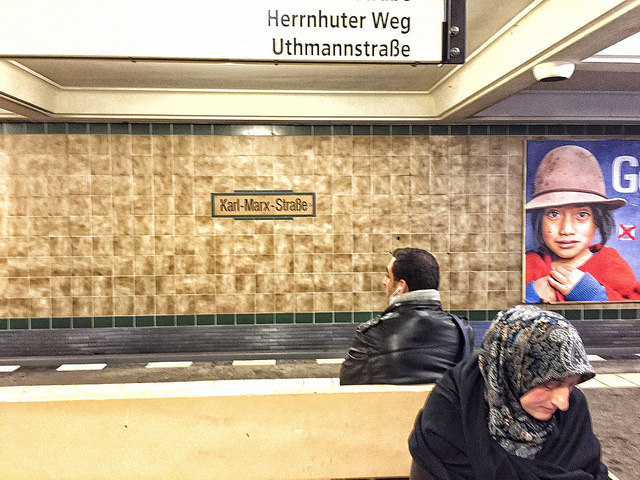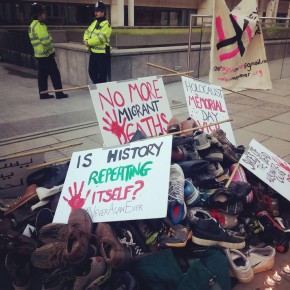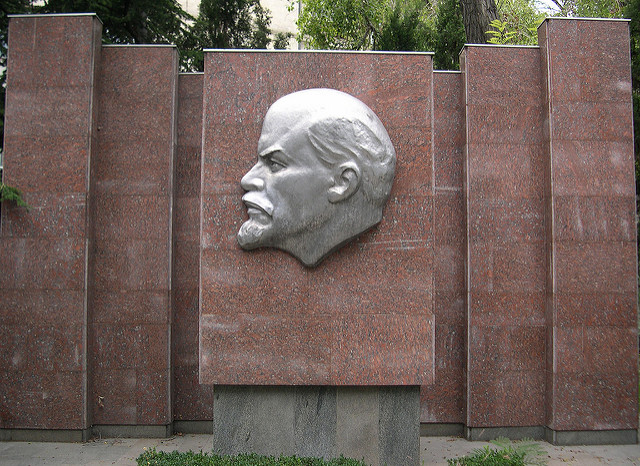For today’s leftists, the lingering reminders of a time when their politics were less marginal can provide considerable comfort. Sometimes, as in the case of Boomers who were part of the student movement in the 1960s and ’70s, this takes the form of reliving their “glory days.” More and more, though, it represents nostalgia for a past that precedes lived experience.
That is why, despite the admonitions of those who remember what actually existing socialism was really like, young people today are less inclined to reject the slogans and iconography associated with the Soviet Union or the People’s Republic of China out of hand.
Imagery that would have been treated as a campy at best in the immediate wake of the Cold War is now taken seriously, not only as a cautionary tale, but an inspiration.
Perhaps that is why not the term “socialism” has lost much of its stigma in places like the United States, as demonstrated by Democratic candidate Bernie Sanders’ unapologetic use of it to describe himself. Even “communism” is enjoying a resurgence, which may explain why Russian leader Vladimir Putin recently felt it necessary to distance himself from Lenin’s legacy.
While there is definitely a positive dimension to this rediscovery of previously devalued ideological markers, however, it does not come without problems. Recalling the terrible deeds performed in the name of utopian ideals is important, even when they can’t be recalled personally. To forget why the hammer and sickle once elicited a complex array of feelings, even on the Left, is to open oneself to the possibility of repeating the mistakes of history.
It also must be acknowledged that the same trend is apparent, more dramatically so, on the Right, with overtly fascist language and design being deployed now, not ironically or for purely aesthetic reasons, but in a concerted attempt to revive the political movements with which it was historically associated.
There are reasons to celebrate the fact that Karl-Marx Straße not only avoided the wholesale renaming that occurred in the 1990s, but is actually a source of pride for Berlin’s Left. Remembering the past, pain and all, is always going to be preferable to pretending that it didn’t happen. We need to be aware, though, that a world in which an Adolph Hitler Straße is possible may be the price we have to pay.
Commentary by Charlie Bertsch. Photo, from the Berlin underground in January 2016, courtesy of Joel Schalit.





